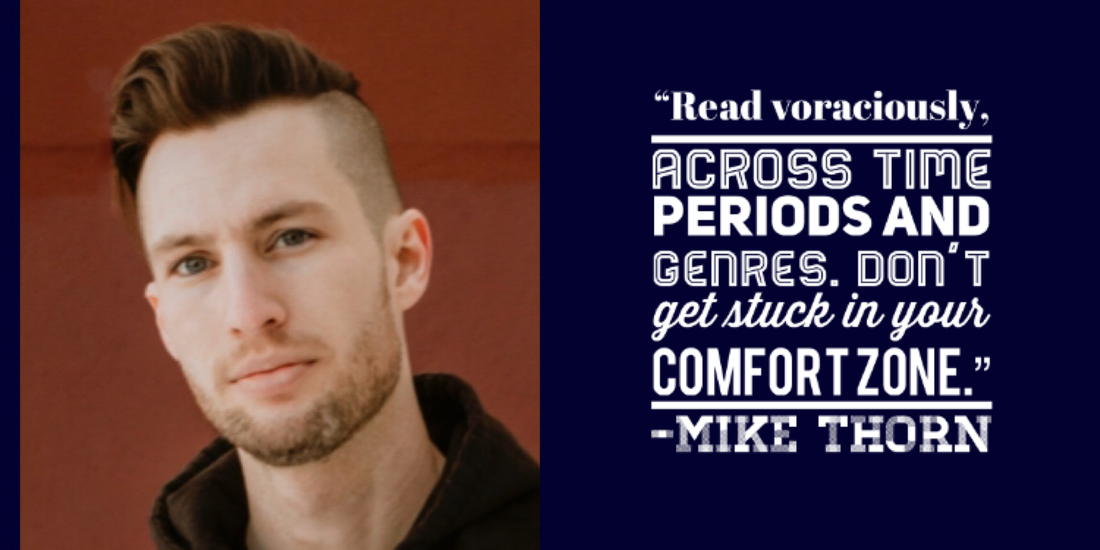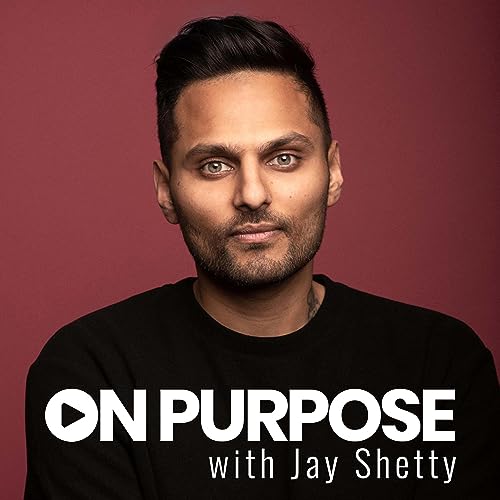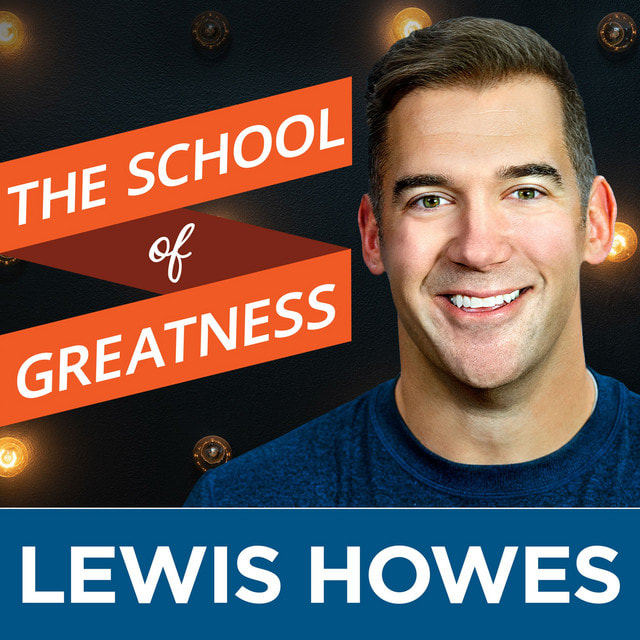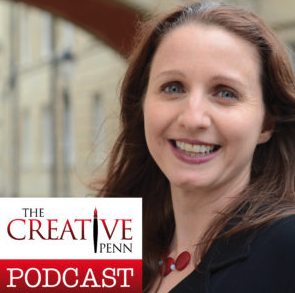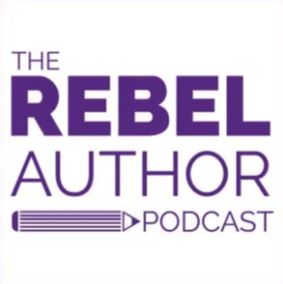|
1. What’s something interesting about you that most people don’t know?
Once upon a time, my goal was to pursue a career in acting. 2. What got you into writing? Was there a particular life event that inspired you to write? I’ve written stories for as long as I can remember, which probably stemmed from my love of reading. As a kid, my imagination was sparked by C. S. Lewis, J. R. R. Tolkien, R. L. Stine, and Stephen King. 3. What is your writing routine? Currently, my routine seems to be on hiatus. I’m feeling pretty overwhelmed by the state of things with this pandemic, which is detracting from my will to write. I’m trying to allow myself the space to work through my anxiety and rebuild my creative motivation. Ideally, I prefer writing at least a page a day; although I’m not necessarily a morning person by nature, I tend to be most creatively inspired before my brain has become crowded by the day’s events. 4. Do you self publish, traditionally publish, or both? Why do you choose those methods? To date, I have only published fiction traditionally. There are probably good arguments against this line of thinking, but I value receiving the approval of objective editors before sending my work out into the world. Otherwise, I worry I’d be inclined to release fiction that’s better left unread. 5. Who are some of your favorite authors and why? Oh man, there are far too many to name… My biggest influences are Hubert Selby Jr., Kathe Koja, H. P. Lovecraft, Edgar Allan Poe, Jim Thompson, Thomas Ligotti, Stephen King, Eugene Thacker, and Georges Bataille. I also love Herman Melville, Virginia Woolf, Charles Dickens, Don DeLillo, Eden Robinson, Roberto Bolaño, Robert Aickman, Algernon Blackwood, Richard Matheson, Robert Bloch, and Nelly Arcan… There are lots of contemporary writers doing amazing things. Some more names, off the top of my head: Randy Nikkel Schroeder, Joshua Whitehead, S. P. Miskowski, Robert Dunbar, Farah Rose Smith, Niall Howell, Erin Emily Ann Vance, John Claude Smith, and Gwendolyn Kiste. Why? All of these people have written work that excites me or has changed my perspective in some way. 6. Can you remember a time that a book made you cry or frightened you so much you had to put it down? Which book and what scene? I had a difficult time getting through Jack Ketchum’s The Girl Next Door. Ketchum’s intense empathy, in tandem with his refusal to look away, makes for a devastating and exhausting read. The same goes for much of Hubert Selby Jr.’s work--The Room is a horrifically effective example of sustained P.O.V. These are both amazing novels, but they are definitely taxing. 7. What are some lessons you’ve learned as a writer in terms of writing process, routine, publishing, etc? 1.) Persistence is key. 2.) Chaos reigns. 8. What advice would you give to aspiring writers? Read voraciously, across time periods and genres. Don’t get stuck in your comfort zone. 9. If you could meet one author, who would it be and what would you ask them? I would love to meet Hubert Selby Jr., whose work was a major discovery in my teens. I feel like his fiction is always hanging around somewhere in my conscious or subconscious mind. I would like to ask him how he developed his personal style, which I recently described to a friend as Joycean horror-realism. His prose is like nobody else’s. 10. In your opinion, what are the most important elements of good writing? Above all else, style and point-of-view. 11. Where can readers purchase your books? Darkest Hours: http://mybook.to/DarkestHours Dreams of Lake Drukka & Exhumation: https://www.amazon.com/Dreams-Drukka-Exhumation-Short-Shocks/dp/B085RNLNB9/ 12. Where can readers find out more about you and your writing? I can be spotted in various places across the internet. Here are some links... Check out Mike Thorn's website. Follow him on Instagram. Follow him on Twitter. Find him on Goodreads. Mike Thorn is the author of Darkest Hours and Dreams of Lake Drukka & Exhumation. His debut novel Shelter for the Damned will be released through JournalStone in 2021. His fiction has appeared in numerous magazines, anthologies and podcasts, including Dark Moon Digest, The NoSleep Podcast, DarkFuse, Unnerving Magazine, Turn to Ash and Tales to Terrify. His film criticism has been published in MUBI Notebook, The Film Stage, The Seventh Row, Bright Lights Film Journal and Vague Visages. He completed his M.A. with a major in English literature at the University of Calgary, where he wrote a thesis on epistemophobia in John Carpenter’s Prince of Darkness. Written by Sterp
0 Comments
Leave a Reply. |
Categories
All
PODCASTS I LISTEN TO EVERYDAY |
